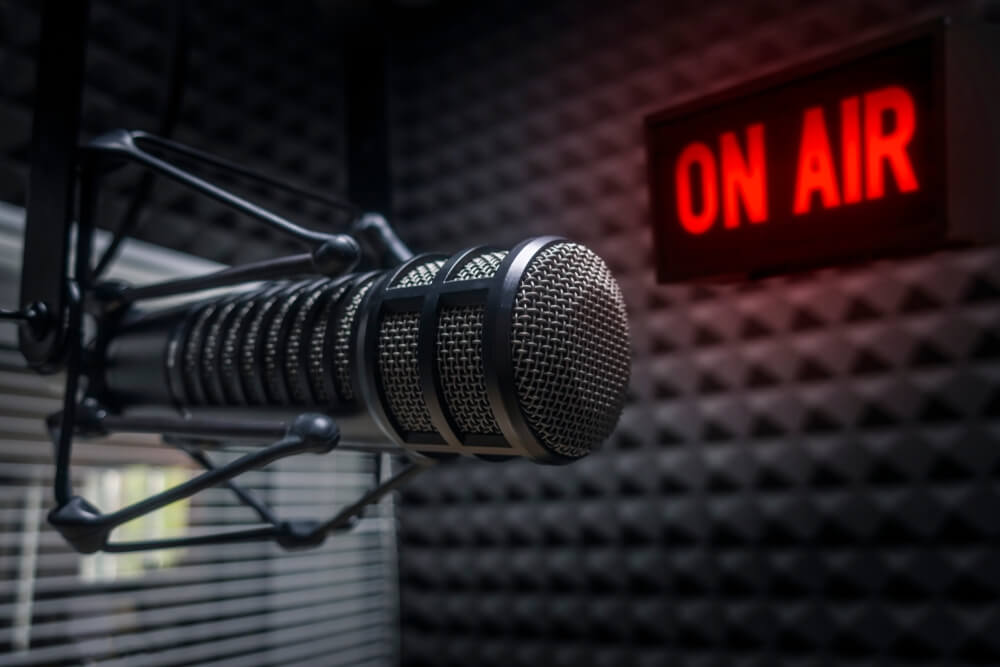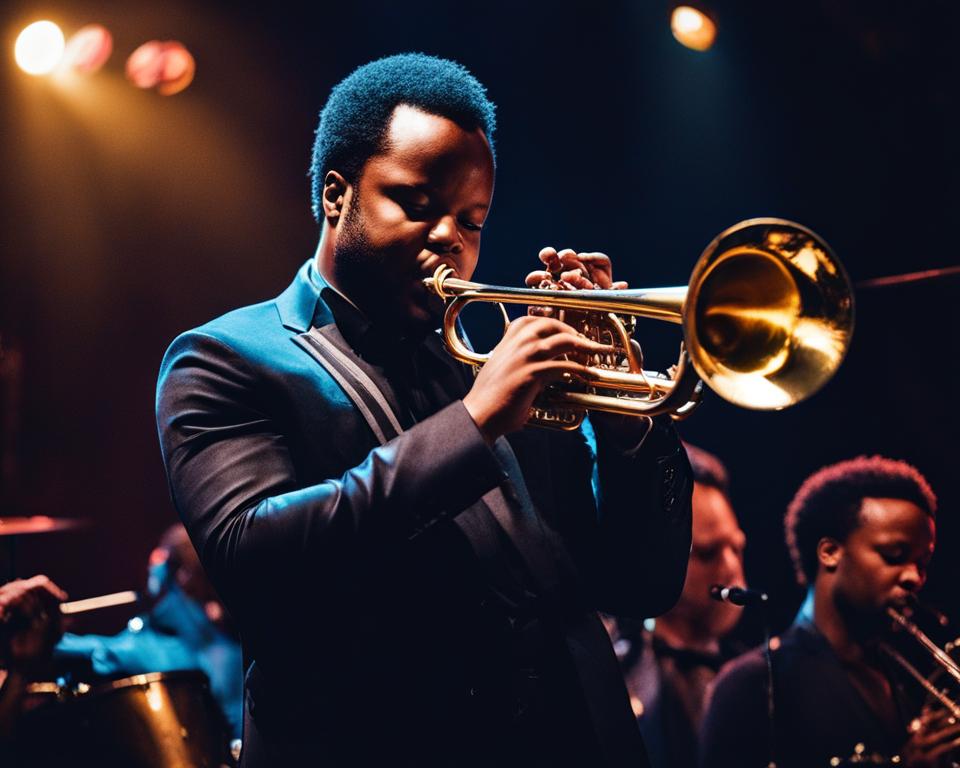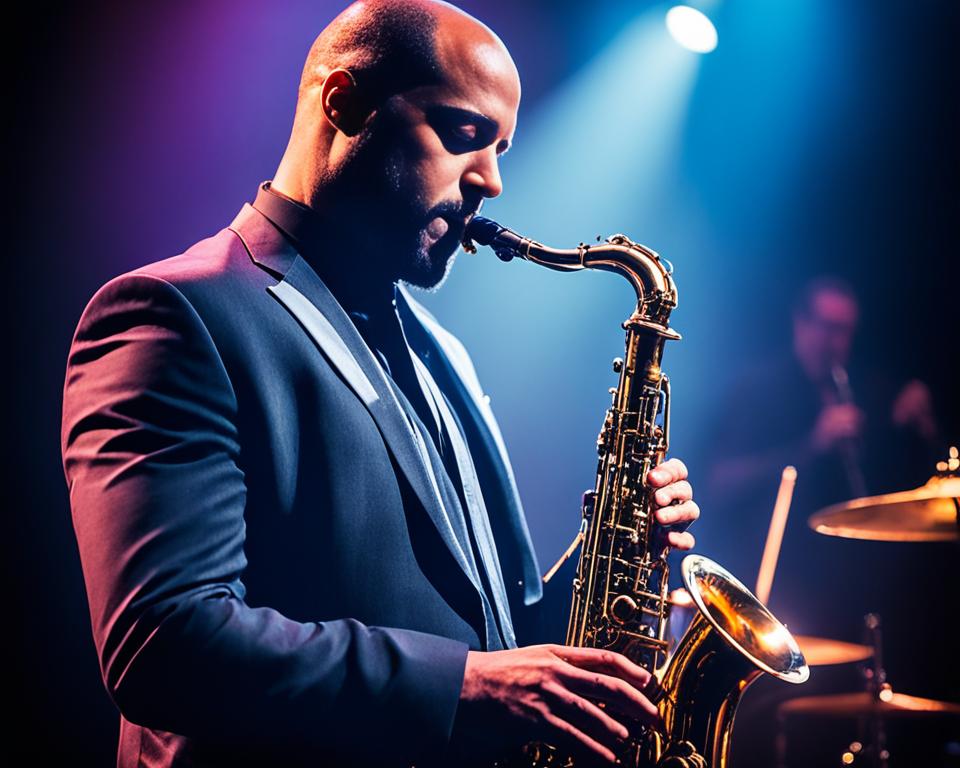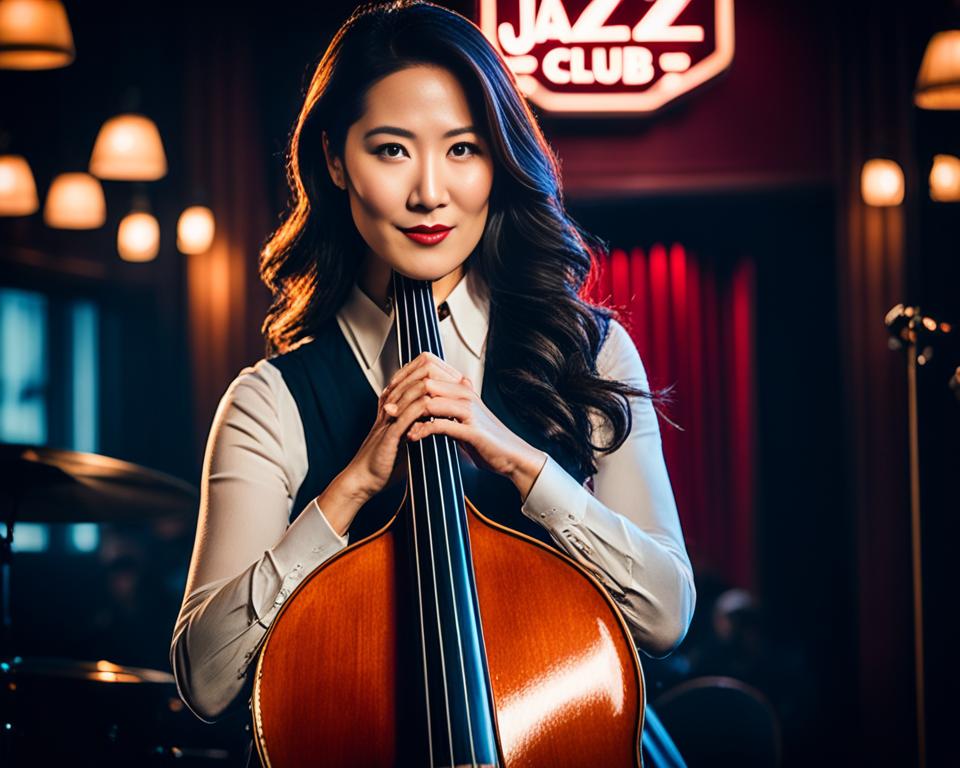
I’m TheIndustry.biz founder, Kevin Ross, and I was a radio DJ for many years, working in many markets, including monumental and historic stations like KKBT in Los Angeles during its heyday in the early 90s. There are some very interesting myths about radio DJs that the public just assumes. Well, we’re here to tell you the truth about MOST DJs. Of course, there are exceptions to every rule, but this profile fits MOST radio DJs. Enjoy
DJs make a lot of money: Truth or Lie?
It depends on what market you work in, what format you work in, and, unfortunately, what color you are. There are several formats: Urban, Rhythmic, Top 40, Country, and Talk. Larger markets like LA, NY, and Chicago pay better money. Corporations that handle urban formats and black corporations like Radio One do not believe in AFTRA contracts. Still, several Top 40 and Rhythmic stations do, often allowing announcers to make better money and garner retirement opportunities.
If you are a big star (from all backgrounds), you make the most money, and that usually comes with unusual circumstances like a station that lets the DJs be themselves on the air. In urban radio, that’s extremely rare except for stations like V103 in Atlanta or KKDA in Dallas. In addition, and unlike Top 40 or Rhythmic stations, a majority of the better-paying positions in urban radio are eaten up by syndication.
Morning shows generally pay the best in all formats. Finally, DJs who make the most are usually the most daring, like Charlemagne at Hot 105 in NY. Oddly enough, most smaller and mid-market stations would be terrified to hire a Radio DJ like Charlamagne because they often like to restrict their Radio DJs and make the station the star. When you work in a market like NY (which is the Number 1 market), you have the most control over your show but also the most pressure to deliver (win).
MOST DJs assume that you can’t work in New York, LA or Chicago until you paid dues for years… those are the DJs that rarely become successful. Angie Martinez and many other Radio DJs got their start in New York. The bold ones get the most attention.
DJs are being themselves on the air: Truth or Lie?
On the contrary, you may get bits and pieces of their personality but there are limits. Most DJs are INSTRUCTED on who they are allowed to be for the most part which has stripped the “fun” out of radio over the decades. Deviating from that instruction and/or breaking the format or a bad joke, depending on the market, could cost them their jobs. For the most part, what you hear on the air is either a much more enhanced or toned-down version of who the DJ is, but still with limits. This excludes syndicated hosts, which are much more WYSIWYG
DJs choose the music: Truth or Lie?
NOT, research picks the music. The rating rule in radio is to ‘only play the hits,’ which is why you hear so few songs on the air repeatedly. Cume and TSL or Time Spent Listening are incredibly important ratings-winning elements to the station, and an unfamiliar song may turn off listeners, and they may switch the dial and that’s the last thing a station wants because it could affect their ratings.
The Program Director (the man or the woman in charge of programming the station and managing the DJs) instructs the DJs on what they can play, and quite often, the Program Director is also directed by the corporate office on what to play.
If the PD wants to play a song of his or her choice at some corporations, they have to explain why to the head of content. For example, at Radio One, if the head of content doesn’t see the value in adding the song, it’s not included. Local programmers may still give a record “spins” (on-air plays) that are not approved by corporate but the spins are often not enough to help the record chart.
So the next time you get pissed at your favorite dj for playing the same songs over and over and over and over and over, there is a VERY good chance that he feels the same way you do, and he’s even MORE, sick of playing them cause he has to do it every day. Many people are under the impression there is no good music anymore; aside from being older and our changing tastes, there is a TON of great music out there produced by the labels. A lot of it never makes the airwaves because of the research and corporate politics.
DJs know a lot of celebrities: Truth or Lie?
This may be the indication over the air during interviews, but for the most part, singers and rappers are very private people who only let certain people they have known and trusted FOR YEARS in their inner circles. This is for good reason; everybody often tries to get next to them because of their status, and they must be wary.
The bigger a DJ and a station are, the more likely he or she is to have contact with singers and rappers off the air because the relationship is beneficial to both but more often than not, DJs may know a lot of celebrities, but they are not personal friends with them. Some successful DJs learn this the hard way when they take a fall and are no longer on the air.
The radio station is central to building a radio announcer’s career and contacts and when that’s gone so are the
contacts. This is an incredibly harsh lesson for all new DJs in the industry (and many old ones) to learn but the industry is a business first that’s based on relationships BECAUSE of business. For the most part, singers and rappers hit the station to promote their latest song or CD and that’s it just like actors do the TV circuit to promote a new movie.
While many DJs may not like to admit it, they are often just the middlemen or the liaison between the artist and the fans. How they use that role determines the stars and the middlemen.
DJs are happy with their jobs: Truth or Lie?
Since most stations are corporate-owned, it’s very easy to get bored with the stale playlists and the lack of room to grow at the station. In addition, DJs love to get offers from other, bigger stations, but they have to be careful when looking for work when they are working because the PDs know each other and they talk. The last thing a Radio DJ wants is not to have ANY job. The options for black radio DJs are very limited. The two major companies that own a majority of urban stations are iHeartmedia and Radio One.
DJs Call the Shots and are secure in their jobs
Not at all. It’s VERY hard for a DJ to plan for retirement unless he or she is making the big bucks or he or she works for a union-affiliated station (AFTRA). Longevity at a radio station has improved over the years but benefits have often been few for black announcers.
Hopefully, the DJ gets a contract every year or two but bad ratings after being told who you can and can’t be on the air are the biggest complaints we hear at Radio Facts. DJs are told what to do and how to do it but if it doesn’t work and their ratings are bad, they take the hit and can get fired. These are not often the best options.
DJs see a bright future in radio: Truth or Lie?
Technology is rapidly advancing and more radio companies and music services are popping up daily. Commercial radio is still seen as the mother of all music outlets today, but that will very likely change in the future when technology offers more options. For those who listen to online and streaming radio with limited commercials, it’s hard, if not impossible, to listen to commercial radio after that.
The heavy commercial loads and too much talk without enough music can be overwhelming, especially on poorly programmed stations. Many of the DJs that we talk to on a regular basis say it’s no longer fun but they can’t complain because even in the smaller markets, at least you are getting paid for something that is considered to be light work and that they, for the most part, enjoy.
DJs are always up and energetic: Truth or Lie?
No matter what is going on in a DJ’s life, if you are a GREAT DJ, the listener will never know. Whether your father just died or you just won the lottery for 20 million dollars, your job is to make THEM (listeners) feel good so you have to take yourself out of the picture, which is actually a good thing psychologically to help you forget about your problems. A great DJ better come across as fun and excited when the mic opens
DJs love moving from city to city: Truth or Lie?
Contrary to popular belief, being a DJ, especially early on, can be a lonely and isolating life if you’re not married, and if you are, it can cause problems in your marriage. You never know how long a new gig is going to last and if you have to move, you have to uproot everything, including new friendships and relationships. If your significant other likes where you have moved, another move can cause problems.
Today, there isn’t as much moving around as there was 20 years ago unless the corporation decides to move you to another station, but I know of one DJ who moved to a market with his wife and two young kids. He lasted for 1 year, got fired, and was ready to move to another market, but his wife was not, she liked the market, and the kids liked the schools. They got divorced, and she is still there many years later.
DJ Booths (Control Rooms) Are Always a Party: Truth or Lie?
There is a great irony in what listeners hear and where the DJ is. Booths are usually soundproof and very small, with maybe 5 to 8 people at the most in the booth during a drive-time show (mornings and afternoons), but other shows, including weekends, may have one DJ working alone, and that means he is in the booth by himself talking to hundreds of thousands of people. That’s quite an anomaly.
DJs sleep with major recording artists: Truth or Lie?
Only when the star is drunk and lonely. washed up or needs a record played (lol). Artists are way too savvy to, of all things, make a mistake like that, risking the DJ telling everyone on the radio or on their social networks the next day. In my entire career, I’ve known of one radio person who slept with a recording artist and hundreds of others who lied.
DJs are Celebrities: Truth or Lie?
That is only if you are the kind that mixes records and you are into EDM music. No, unfortunately, for anyone who doesn’t work in the top 10 markets, that’s not often the case, and even then, most DJs are local celebrities only. Most of us know that if we lose our jobs, we will be forgotten about almost immediately, just like a singer or rapper.
There are certainly some exceptions to the rule, but few. When was the last time, for example, that you thought about Michael Baisden? He just quit a couple of years ago, and people are already forgetting about him. A radio announcer’s life can be cut short instantly when he loses his or her job. Listeners have very limited loyalty.

























GREAT ARTICLE..I lived it!!
On point, loved the article. Continue the great work. We need these voices. I salute you..
Comments are closed.